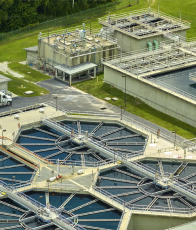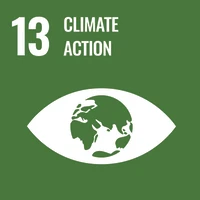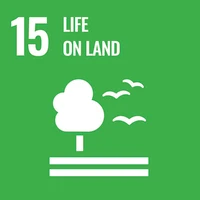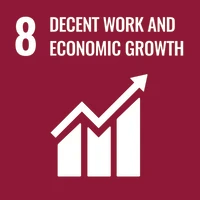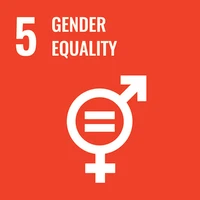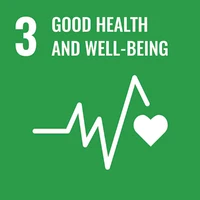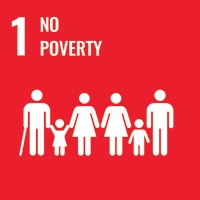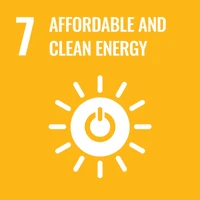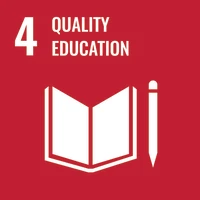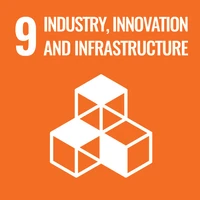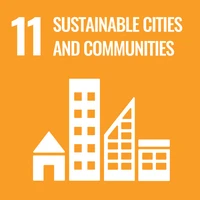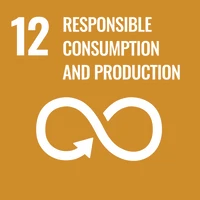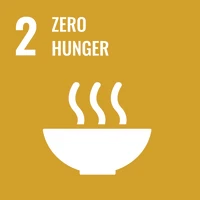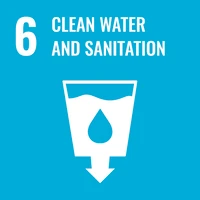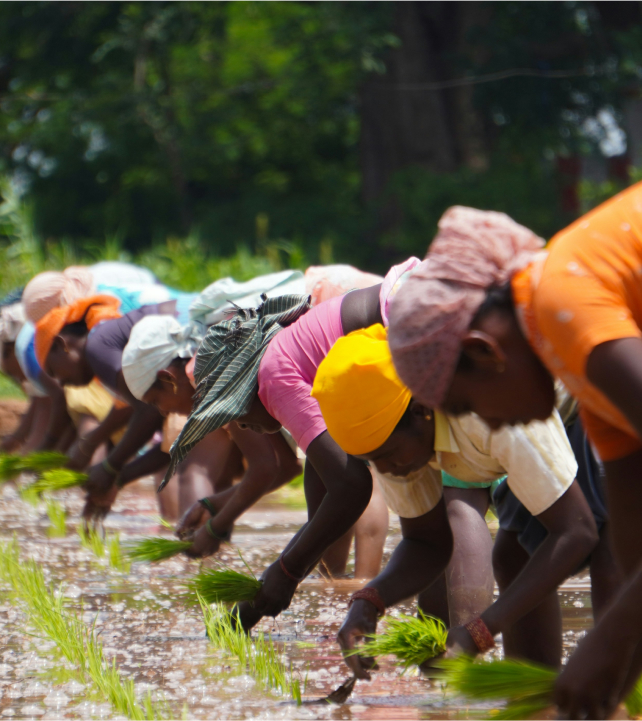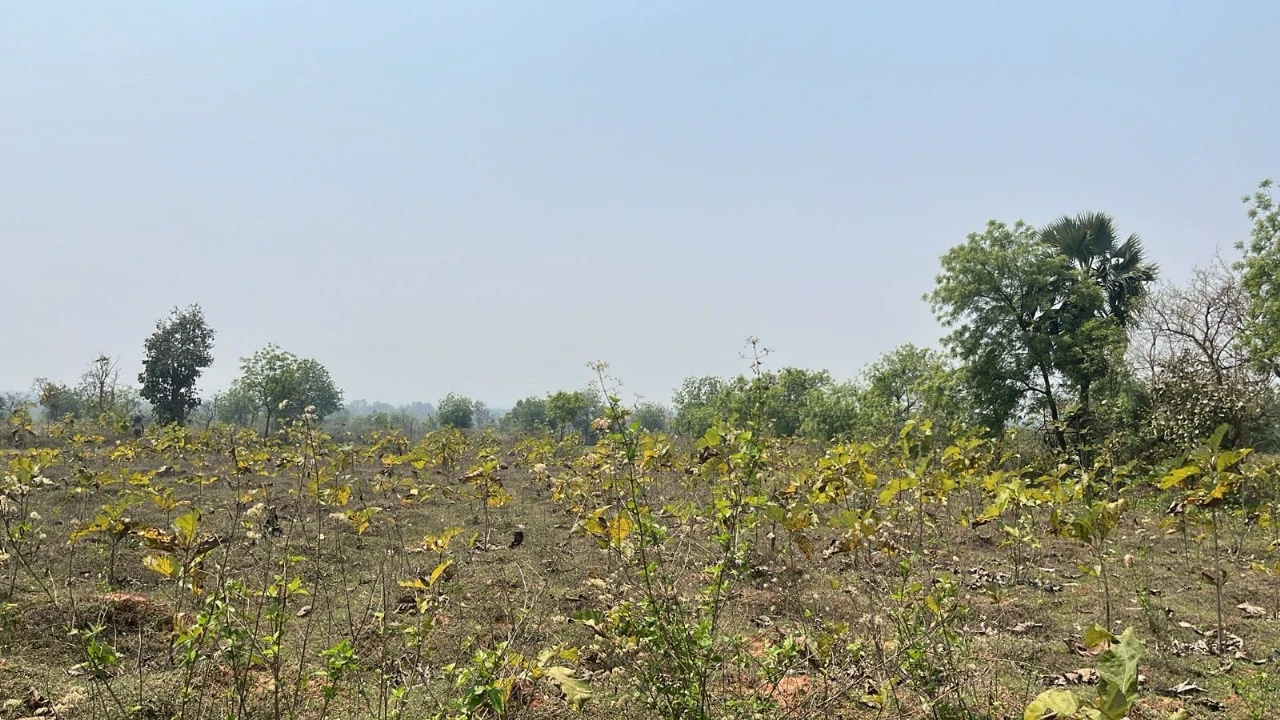
Agroforestry Project in Telangana
Location : Telangana & Andhra Pradesh
Registry : Verra
Methodology : VM0047
Average Annual Estimated Emission Reductions : 54,000
Status : Listing
Impact beyond Carbon Credits: SDGs fulfilled
The Agroforestry/ Forestry Project spans 10,000 hectares across Andhra Pradesh and Telangana, focusing on the plantation of a diverse mix of fruit and wood trees. The project aims to enhance carbon sequestration, improve soil health, and support local biodiversity. By integrating fruit and wood trees, we not only contribute to climate change mitigation but also provide economic benefits to local communities through the sale of fruits and timber. This project is dedicated to creating sustainable livelihoods and fostering environmental resilience for future generations.
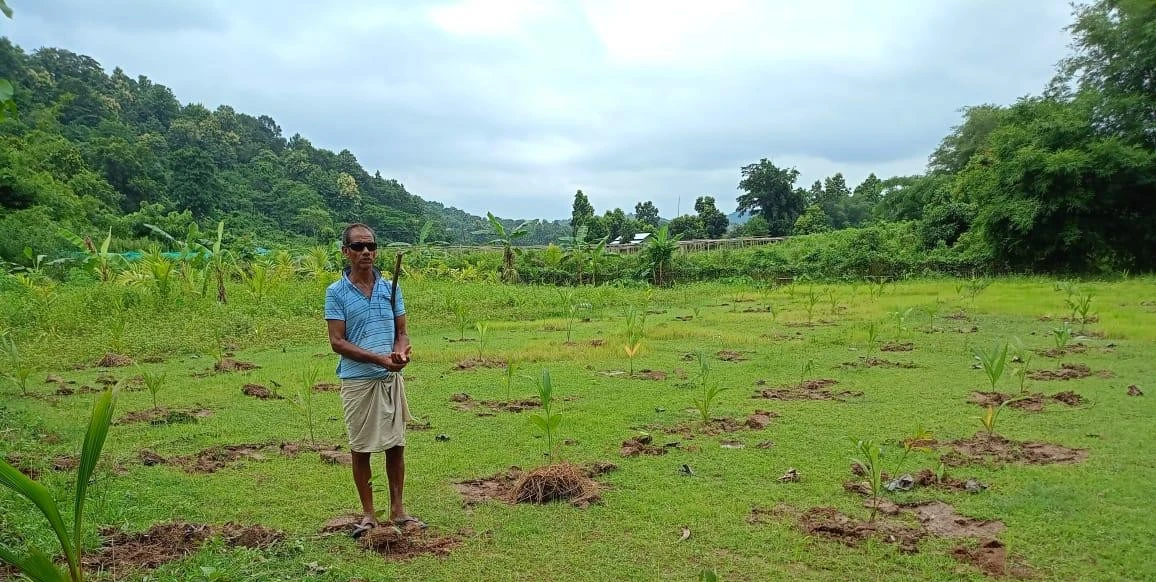
Agroforestry Project - Restoring Homesteads, Reviving Ecosystems
Location : Assam and Meghalaya
Registry : Verra
Methodology : AR-ACM0003
Average Annual Estimated Emission Reductions : 1,70,282
Status : Registered
Impact beyond Carbon Credits: SDGs fulfilled
Restoring Homesteads, Reviving Ecosystems- The project is dedicated to restoring 8,860 hectares of upland homestead lands across Kamrup, Goalpara, and Ri-Bhoi districts in Northeast India. Through a blend of afforestation and agroforestry practices, we aim to rejuvenate fallow lands with forest and fruit tree species, promoting biodiversity and sustainable livelihoods. This nature-based solution enhances the local ecosystem and supports carbon sequestration, contributing to climate resilience. The project is developed under the Verra standard.
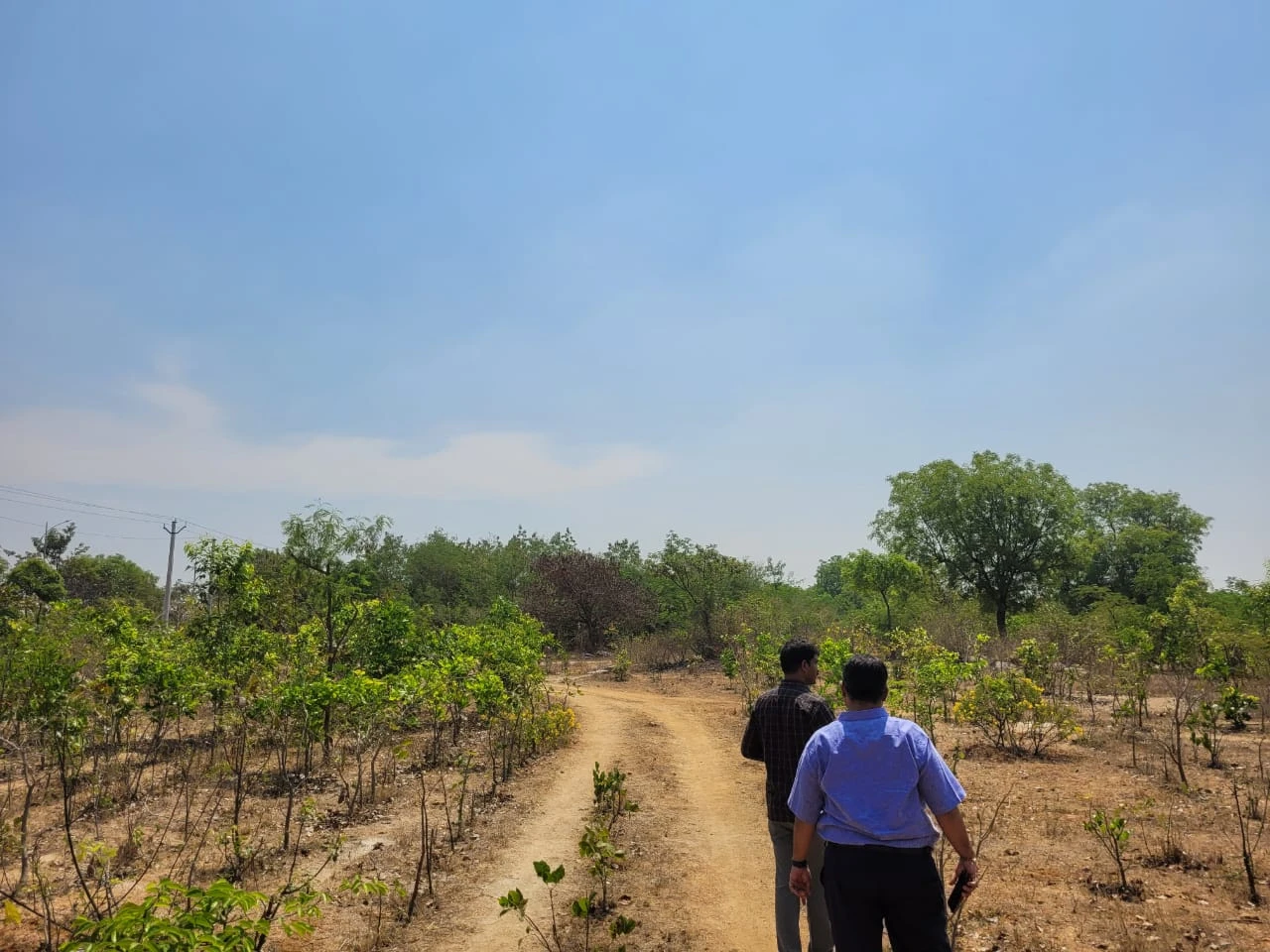
Agroforestry Project
Location : Telangana, Rajasthan and Andhra Pradesh
Registry : Verra
Methodology : VM0047
Average Annual Estimated Emission Reductions : 19,00,000
Status : Under validation
Impact beyond Carbon Credits: SDGs fulfilled
The project focuses on afforesting approximately 250,000 hectares of land in Telangana, Rajasthan and Andra Pradesh with a goal of improving the ecosystem of the region and also have a positive impact on biodiversity along with the improved livelihood opportunities for the communities involved in the project.
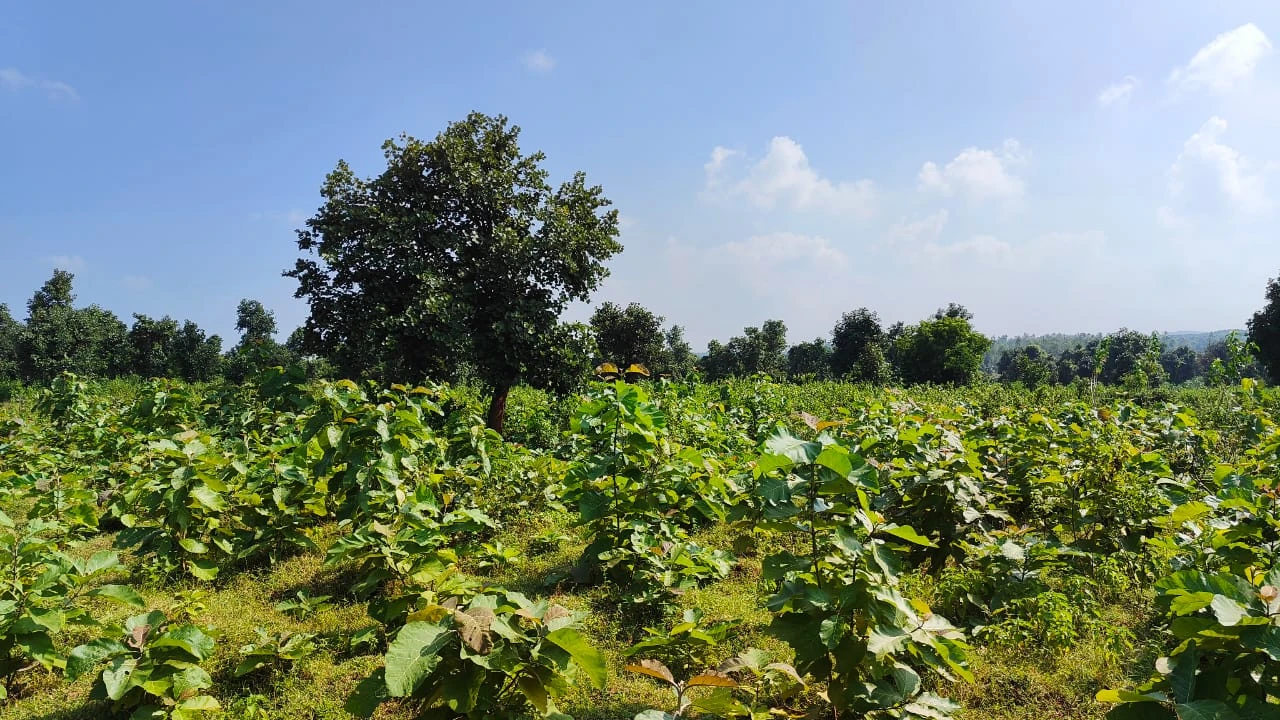
Agroforestry Project
Location : Purulia, West Bengal, India
Registry : Verra
Methodology : VM0047
Average Annual Estimated Emission Reductions : 15,000
Impact beyond Carbon Credits: SDGs fulfilled
The agroforestry project in Purulia, West Bengal, is a large-scale agroforestry initiative focused on planting 500,000 diverse tree species across community lands and smallholder farms. This project aligns both climate resilience and livelihood improvement by adopting a community-centric model that promotes carbon sequestration, biodiversity restoration, and farmer income diversification.
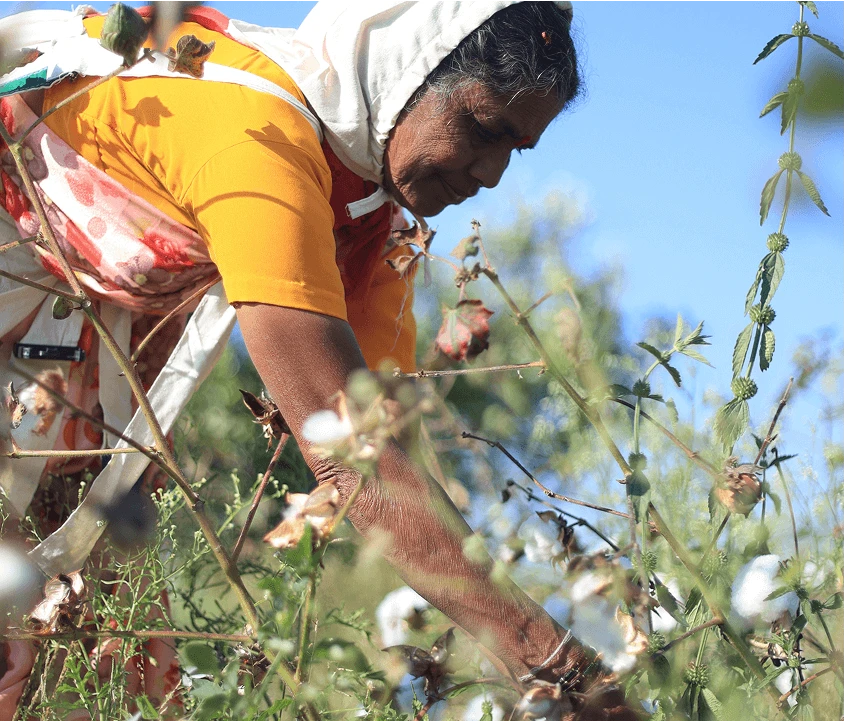
Sustainable Agriculture land Management (SALM) in Organic Cotton Farming
Location : Maharashtra and Telangana
Registry : Verra
Methodology : VM0042
Average Annual Estimated Emission Reductions : 20,000
Status : Listing
Impact beyond Carbon Credits: SDGs fulfilled
Cotton farming, while essential for the textile industry, is known for its significant environmental impact, particularly due to the heavy use of chemical fertilizers and pesticides. These practices contribute to greenhouse gas emissions, soil degradation, and water pollution. Our project in Maharashtra aims to address these issues by adopting sustainable practices such as organic farming, zero tillage, and integrated pest management. By reducing chemical dependence and enhancing carbon sequestration, we strive to improve soil health, boost farmer incomes, and contribute to climate change mitigation.
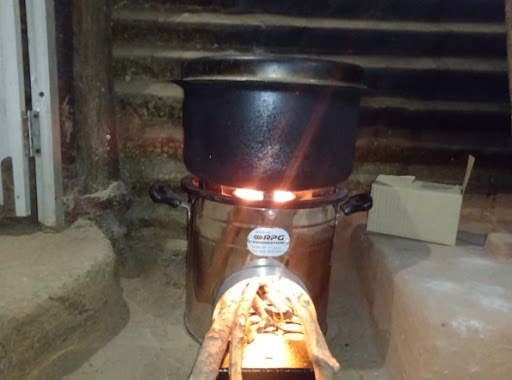
The Raigad Cookstove Project
Location : Maharashtra
Registry : Gold Standard
Methodology : TPDDTEC
Average Annual Estimated Emission Reductions : 46,000
Status : Under Validation
Impact beyond Carbon Credits: SDGs fulfilled
Over 900 million people in India, mainly from marginalized communities, are exposed to harmful indoor air pollution from traditional firewood cookstoves, causing nearly 360,000 premature deaths annually. With 82% of households relying on wood, this also drives deforestation and places a heavy burden on women and children who spend hours gathering fuel.
At Asvata, our clean cooking initiative introduces energy-efficient improved cookstoves to these vulnerable communities, using carbon finance to distribute them at little to no cost. By significantly reducing the use of non-renewable biomass and lowering greenhouse gas emissions, we are improving health outcomes, empowering communities, creating green jobs, and contributing to India's sustainable development goals.
Impact beyond carbon credits
Good health & wellbeing
- 80% reduction in smoke in households
- 100,000 improved cookstoves can reduce 1.5 million tonnes of CO₂ over the project’s lifetime
Livelihood benefits
- 30% more fuel-efficient cookstoves can save $7 per household through reduced input costs
Reduced deforestation
- 100,000 improved cookstoves can prevent logging of 300 million kgs of firewood per year
Additional time and job creation
- Lower wood consumption reduces time spent in wood-gathering (largely done by women)
- 100,000 improved cookstoves can reduce 720 labour hours per year
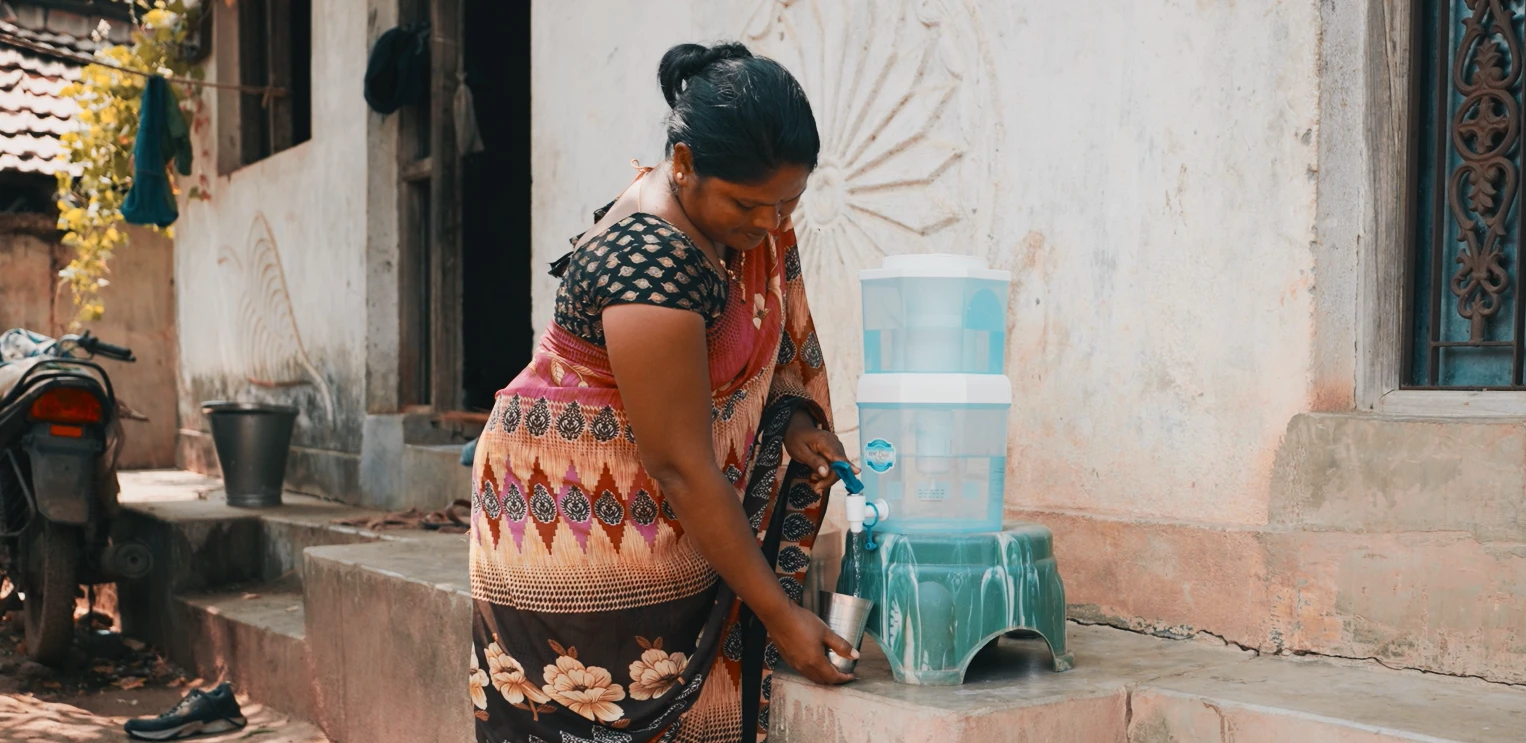
Distribution Of Safe Drinking Water Kits
GS Project ID : GS11696
Location : Maharashtra
Registry : Gold Standard
Methodology : Emission reduction from safe drinking water supply-version 1.0
Average Annual Estimated Emission Reductions : 37,000
Status : Registered, Issuing credits
Emission Reduction from Safe Drinking Water
We're distributing 15,000 SDW kits in Gadhchiroli, Maharashtra, where 85% of water sources are contaminated with E. coli and faecal coliform. Boiling water with firewood leads to indoor air pollution and health issues, especially for women and children.
This community project which is also being implemented as a carbon credit initiative reduces firewood use, improves health, and lightens the burden on women who walk up to 5 km daily to fetch water, creating both climate and community impact.
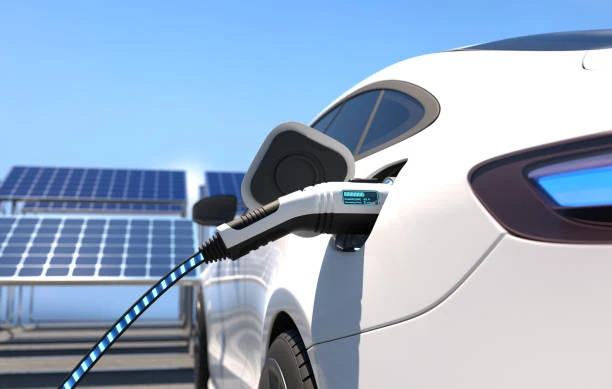
Electric Vehicle Project
Registry : Verra
Methodology : AMS-III.C.
Average Annual Estimated Emission Reductions : 23,000
Status : Listing
Impact beyond Carbon Credits: SDGs fulfilled
Asvata is proud to be the carbon development partner in a landmark EV initiative between Mega Motor Company (MMC) and BYD Auto Industry Ltd. in Pakistan. This strategic partnership aims to roll out electric and plug-in hybrid vehicles (PHEVs) across the country, with a new NEV assembly plant in Gharo, Sindh, and flagship dealerships in major urban centers.
Through this initiative, Asvata is leveraging the distribution of 10,000+ EVs to develop a carbon credit project by quantifying avoided emissions that would have resulted from conventional diesel vehicle use, driving both climate impact and sustainable mobility.
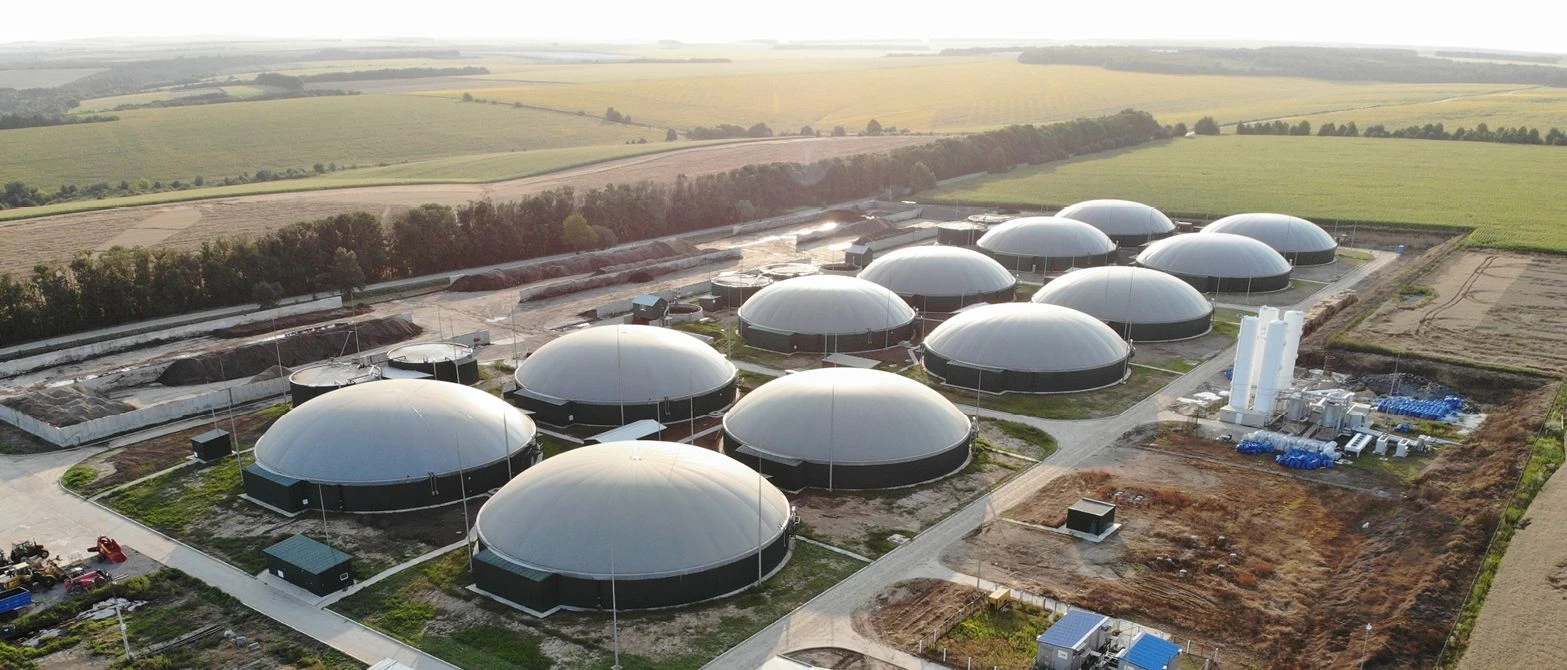
Compressed Biogas (CBG)
Location : Multiple
Registry : Verra
Methodology : AMS-III.D, AMS-III.AO
Average Annual Estimated Emission Reductions : 90000
Status : Listing
Impact beyond Carbon Credits: SDGs fulfilled
Compressed Biogas (CBG) plants convert organic waste into clean, renewable fuel; reducing methane emissions and replacing fossil fuels. At Asvata, we develop CBG projects as carbon credit initiatives, leveraging their climate and circular economy potential.
We are currently working on 3–4 CBG projects in India with a combined capacity of ~20 TPD, and are in the process of registering additional projects under global carbon standards.
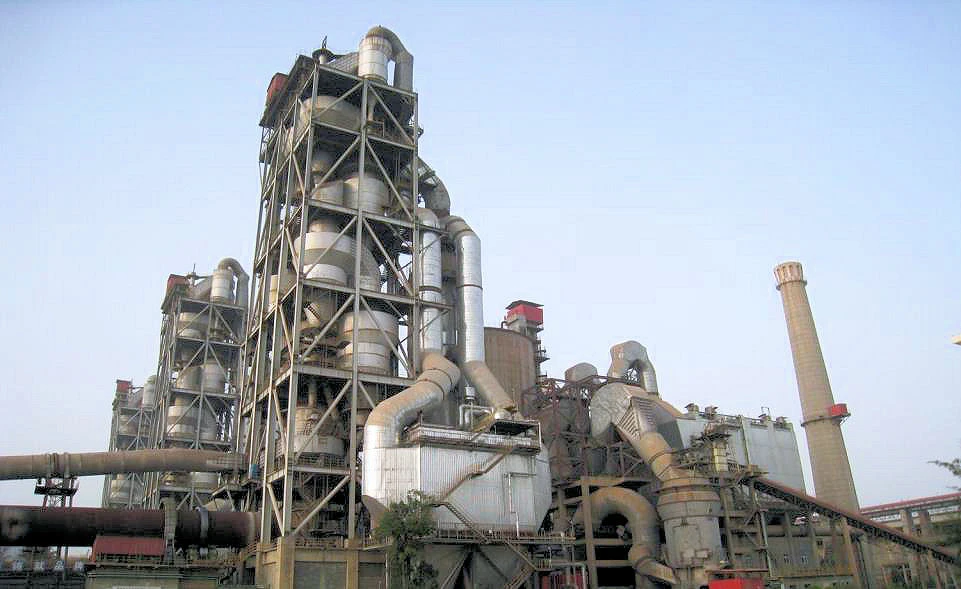
Waste Heat Recovery (WHR)
Location : Kenya
Standard : Multiple Standards
Methdology : ACM0012: Waste energy recovery --- Version 6.0
Average Annual Estimated Emission Reductions : 85000
Status : Feasibility
Impact beyond Carbon Credits: SDGs fulfilled
Waste Heat Recovery (WHR) involves capturing excess heat from industrial processes, typically lost to the environment, and repurposing it to generate clean energy. This significantly improves energy efficiency and reduces greenhouse gas emissions.
At Asvata, we leverage WHR technologies as a carbon credit initiative, turning industrial waste heat into verified emission reductions. We are currently working on 4 WHR projects in Kenya with a cumulative capacity of 81 MW, conducting feasibility to understand its eligibility under multiple carbon standards.
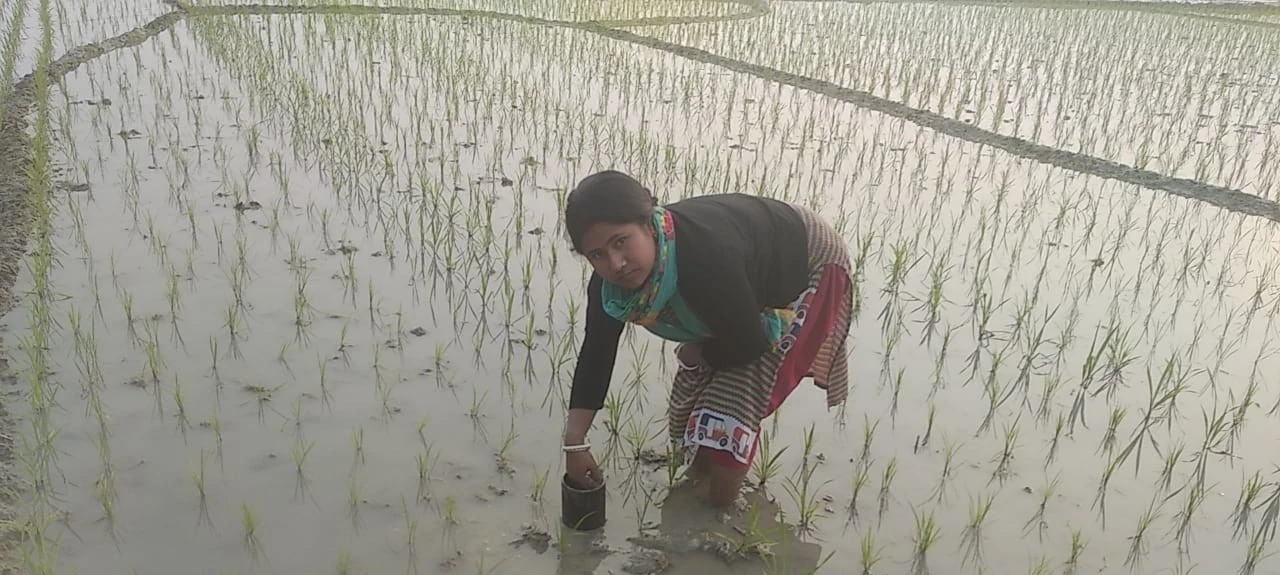
Alternate Wetting & drying (AWD) in Rice Cultivation
Location : West Bengal
Registry : Gold Standard
Methdology : METHODOLOGY FOR METHANE EMISSION REDUCTION BY ADJUSTED WATER MANAGEMENT PRACTICE IN RICE CULTIVATION
Average Annual Estimated Emission Reductions : 54,400
Status : Under Validation
Impact beyond Carbon Credits: SDGs fulfilled
Sustainable Rice Cultivation through AWD in West Bengal
This project focuses on transforming paddy cultivation practices across 17,000 hectares in West Bengal through the implementation of Alternate Wetting and Drying (AWD) — a proven water management technique that reduces methane emissions by avoiding continuous flooding of rice fields. By training and supporting farmers to adopt AWD, the project not only contributes to climate change mitigation but also delivers multiple co-benefits: improved water and electricity use efficiency, potential yield enhancement, and additional income through carbon revenue generation. This initiative positions sustainability at the heart of agriculture, creating lasting environmental and economic impact for farming communities.
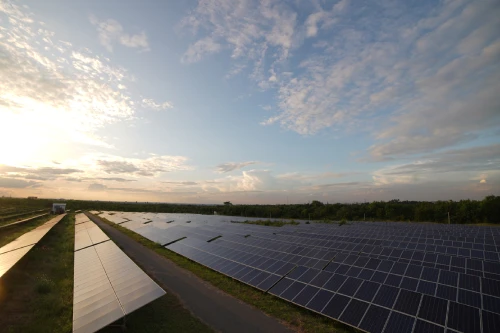
Renewable Energy (RE)
Location : Multiple
Registry : Multiple Standards
Methdology : ACM0002, AMS-I.D, AMS-I.F
Average Annual Estimated Emission Reductions : 3,00,000
Status : Registered, Issuing Credits
Impact beyond Carbon Credits: SDGs fulfilled
In just 20 years, global electricity from renewables has grown from 8.5% in 2004 to over 30% in 2024, driven by climate goals, innovation, and policy support.
At Asvata, we’re proud to support this shift through carbon credit and I-REC projects in the renewable energy space. Our portfolio includes 700+ MW in India, 3 MW each in Sri Lanka, Hydro project Nepal.
Our team supports 35+ clients across 30+ renewable energy projects, creating real climate impact while enabling organizations to meet their sustainability and net-zero targets.

































